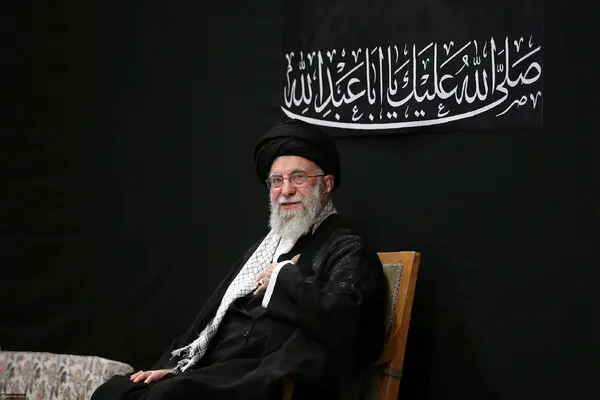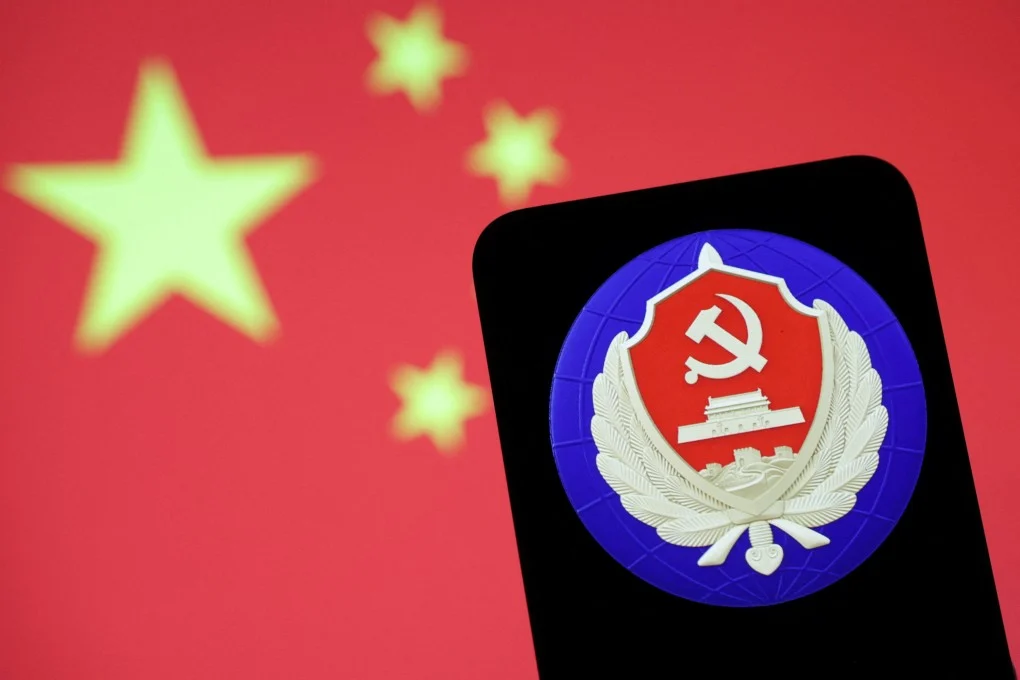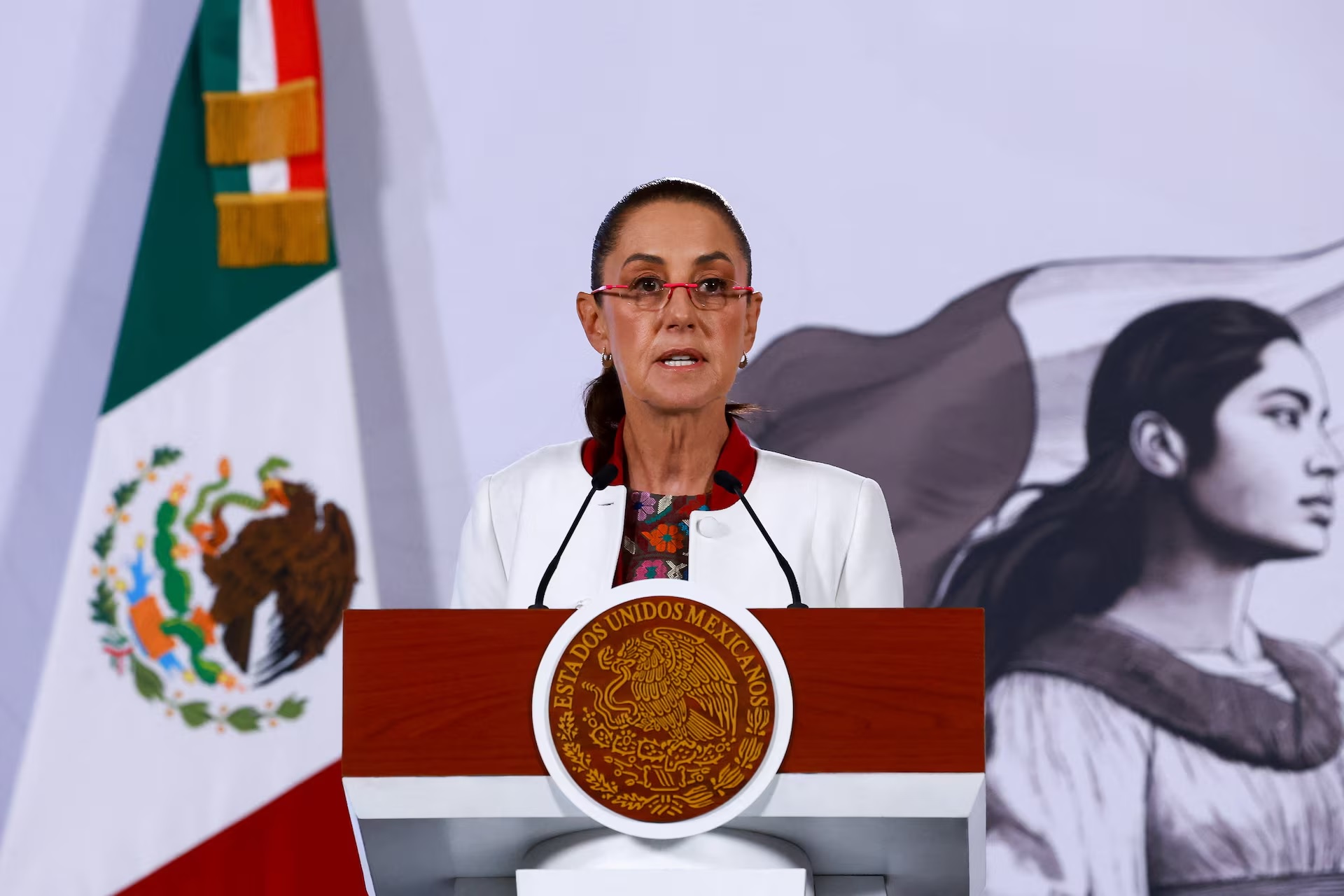CHINA COURTS THAILAND’S KING WITH NEW PLEDGES OF ‘CLOSER-THAN-EVER’ TIES

Beijing visit signals tighter regional security and investment alignment
China has rolled out a full red-carpet welcome for Thailand’s King Maha Vajiralongkorn, using the royal visit to signal that Beijing wants to lock in Bangkok as one of its closest partners in mainland Southeast Asia. President Xi Jinping praised the “special kinship” between the two countries, highlighting shared cultural links, rising trade, and intensive people-to-people exchanges as the backbone of a relationship he said should “keep pace with a changing world.” Chinese officials framed the visit as proof that, despite global tensions and economic headwinds, Beijing still has powerful friends in the ASEAN region and intends to deepen those ties.
Behind the ceremonial greetings, Chinese and Thai officials discussed a wide range of regional issues: the stalled Thai–Chinese high-speed rail project, cross-border tourism, and cooperation in the Mekong basin. Beijing is keen to revive momentum on infrastructure after years of delays, while Bangkok wants to draw more Chinese tourists back to pre-pandemic levels and attract fresh investment into its electric-vehicle and digital sectors. Security officials also quietly touched on maritime tensions in the region and the need to keep supply chains open as geopolitical rivalries intensify.
Regional security and economic stakes in mainland Southeast Asia
For China, Thailand offers something rare in the region: a treaty ally of the United States that has kept its political options open and avoided choosing sides. By emphasizing royal diplomacy and soft-power language about “family ties,” Beijing is trying to anchor Bangkok more firmly within its strategic orbit without forcing explicit choices on defence. Joint statements underscored support for ASEAN centrality, suggesting both sides want to avoid any perception that they are undermining the regional bloc’s role, even as minilateral security groupings gain ground elsewhere in Asia.
Economic concerns were never far from the surface. Thai officials pressed for easier market access for agricultural exports and more balanced trade, while Beijing reiterated promises to encourage Chinese companies to invest in Thai manufacturing zones and digital hubs. The two sides also discussed cooperation on cross-border crime, including scam centres that have destabilised neighbouring Myanmar and Laos but increasingly touch Thai territory. For Bangkok, showing it can work closely with both Washington and Beijing is central to its foreign-policy brand; for Beijing, bringing a key mainland neighbour closer at a time of rising tensions with Japan and the Philippines is a diplomatic win.






















